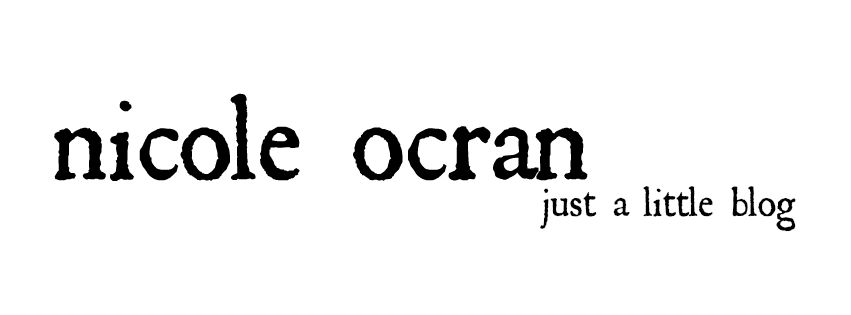 |
| "Kesha at the Today Show in New York on November 20, 2012" by Becky Sullivan is licensed under CC by 2.0 |
Last Friday, Kesha’s request to be released from her recording contract with the producer Dr Luke, who she filed a lawsuit against in 2014 claiming he physically and sexually assaulted her, was denied.
Kesha claims the abuse began when she first signed with him in 2005 (she was then 18-years-old), and continued until she checked into rehab in 2014 for an eating disorder. Haley Potiker has written a brilliant in-depth timeline of Kesha’s career to date.
In her injunction request, Kesha said, in part: “I know I cannot work with Dr. Luke. I physically cannot. I don’t feel safe in any way.” Her full complaint can be found here.
Unfortunately Kesha’s is not the first woman who has to see her abuser everyday. Work with him everyday. Watch her friends and colleagues speak to him everyday. Women across college and university campuses are doing it now. Women are forced to come home to their abusers with no way out.
The law has been written to protect the property of men and women continue to fall under that definition of property today.
Much of that is made clear from statements New York Supreme Court Justice Shirley Kornreich made when giving her verdict.
As stated by The Hollywood Reporter, Kornreich said it wasn’t reasonable for “the court to decimate a contract that was heavily negotiated and typical for the industry,” as well as after being told that Dr Luke had invested $60 million in Kesha that it “decimates your argument…my instinct is to do the commercially reasonable thing.”
And there you have it. The corporation has now become more important than the safety of women, and its rights must be protected instead. Of course contracts have been signed and there are legal obligations to uphold that contract, but when the mental and physical safety of people are at stake you would think that that would take precedence over the money. I can imagine there have been other contracts nullified for less. Are women expected to write anti-rape clauses in their job offers and contracts now to prevent anything like this from happening?
As of right now Kesha and Dr Luke’s work are being kept separate--however--she is still signed to his label in turn, he owns what she produces. Once again, woman’s autonomy is rendered useless. Her body is not her own. Her creativity and her work is not her own.
Meanwhile, female musicians are lining up in support of the #FreeKesha movement.
Kelly Clarkson (Dr Luke produced “Since U Been Gone”), Ariana Grande, Lady Gaga, Alessia Cara, Lorde, Lily Allen and Demi Lovato among so many others tweeted in solidarity with Kesha.
Trying 2 not say anything since I can't say anything nice about a person... so this is me not talking about Dr. Luke https://t.co/lLhtUHbmgG— Kelly Clarkson (@kelly_clarkson) February 19, 2016
My heart is with @KeshaRose. 💜— Ariana Grande (@ArianaGrande) February 19, 2016
There are people all over the world who love you @KeshaRose. And I can say truly I am in awe of your bravery.— Lady Gaga (@ladygaga) February 19, 2016
really disappointing to hear about this kesha case. no one should be denied freedom from their abuser, nor freedom of their creativity.— ac (@alessiacara) February 19, 2016
standing with @KeshaRose through this traumatic, deeply unfair time. send good vibes her way everyone— Lorde (@lorde) February 19, 2016
My thoughts are with @KeshaRose today. I'm sorry you've had to endure this experience.— lily (@lilyallen) February 19, 2016
#FreeKesha 💗 this is only gonna make you stronger, you brave and beautiful girl. Prayers are with you 🙏🏼 @KeshaRose— Demi Lovato (@ddlovato) February 20, 2016
Her fans are also planning a protest next Friday outside of Sony’s offices in New York City.
Kesha's strength lies in the fact that she's spoken out against her abuser in a very sexist, male-dominated industry. Having to relive her trauma throughout an entire legal proceeding only to have the justice system fail her is simply tragic. Not even fame, wealth and social standing are enough to protect this woman from her rapist, so how can regular women feel safe enough to report their assaults?
Rape culture remains alive and well in 2016.



